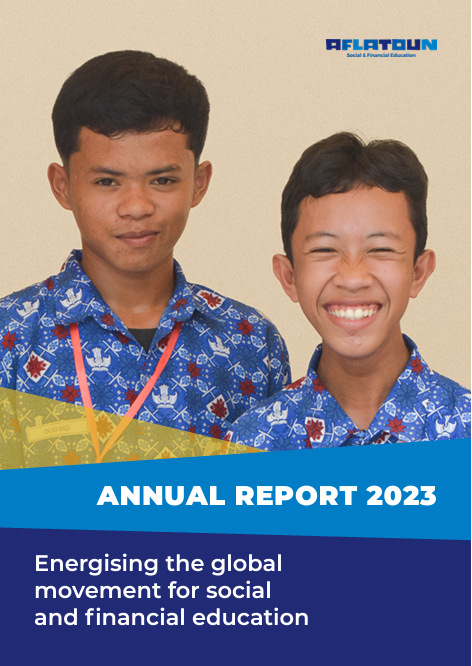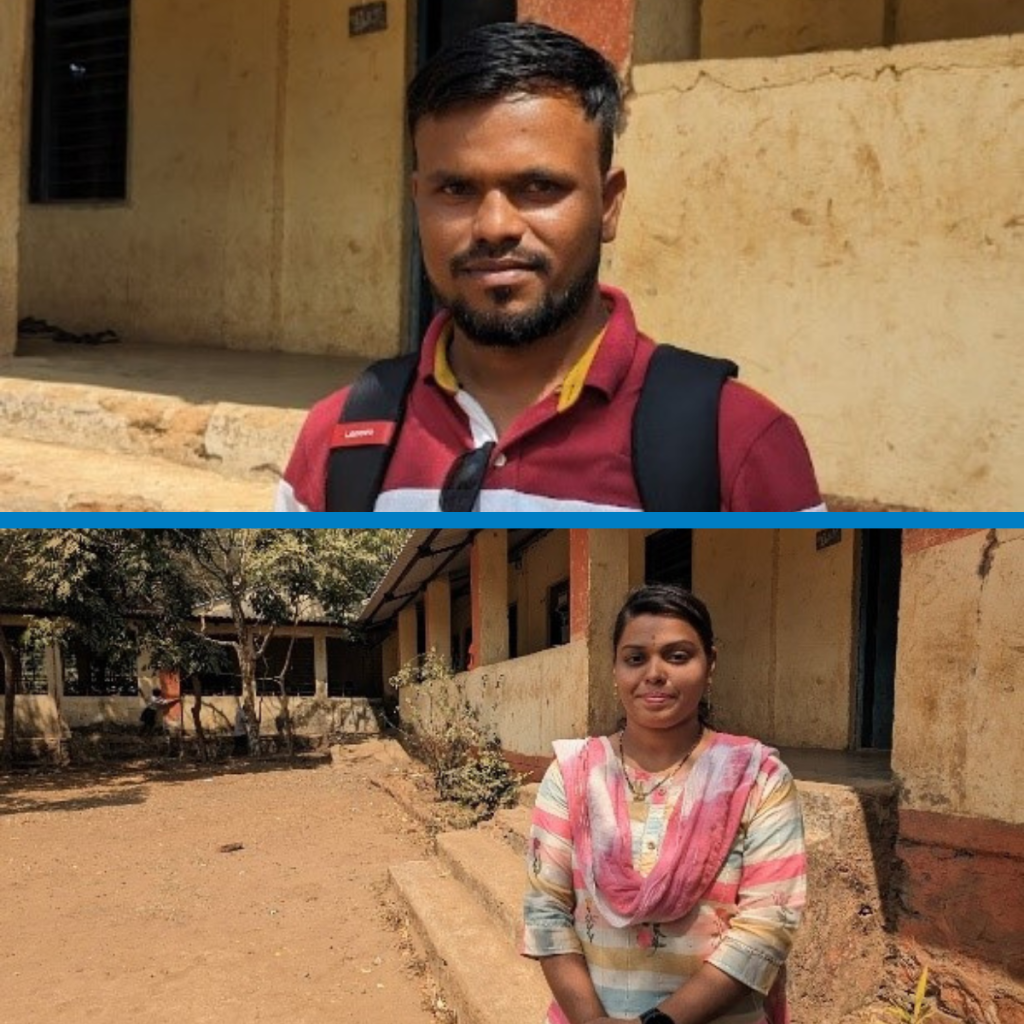Measuring the Effectiveness of Social and Financial Education – a Randomized Control Trial (RCT)
Today’s youth are confronted with a myriad of challenges, ranging from climate change and poverty to political unrest and the ongoing global pandemic. Since 2020, the pandemic, has exacerbated critical risk factors such as limited access to quality education, high unemployment rates, and economic insecurity. This situation poses long-term vulnerabilities for young people, especially due to their exclusion from schooling and the lack of inclusive programs that equip them with the necessary skills to thrive socially and economically.
There is an urgent need to support education practitioners in creating environments conducive to quality and relevant learning, especially for girls and young women who often face exclusion from formal schooling and are disproportionately affected by gender roles. Aflatoun’s approach to social and financial education offers a unique pathway to enhance education and foster an inclusive lifelong learning environment for youth. By integrating participatory learning approaches and practical components into education, the aim is to equip youth with the skills needed to transition successfully into adulthood with dignity and respect.
Together with Echidna Giving, we initiated a research project in India and The Gambia to assess the impact of social and financial education lessons integrated with core curricula subjects, with the primary goal of identifying the most effective learning approach for empowering both girls and boys.













